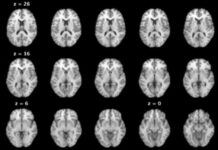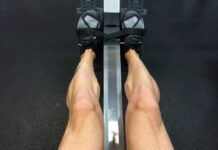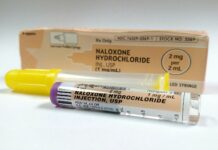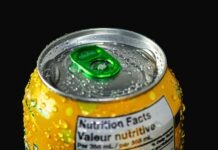Is speed of the essence? Do you need to know if you’ve already had the coronavirus?
Testing for COVID-19 has been rapidly evolving since the virus was first detected in the U.S. At one point, more than 100 different tests were in use and the federal government has been testing the tests, so to speak, looking for the most accurate results.
The latest type of test to hit the streets is an antigen test, and it delivers the fastest results — in less than an hour. However, many health care providers suggest backing it up with a diagnostic molecular test (called PCR), as it is considered the gold standard. But the PCR test only detects current infections and can’t tell whether a patient has had COVID-19 in the past.
What type of test a patient might need is best determined with the help of a caregiver.
COVID-19 testing, by federal order, is supposed to be free — the consultation to determine whether testing is needed, administering the test, and receiving the results — for insured and uninsured patients. Insurance companies cover the cost for the insured, and the government pays for the uninsured. However, there are many details that could derail this situation — such as the type of test (PCR or rapid detection) requiring other tests prior to the COVID-19 test, being treated out of network, etc. Patients should ask about their financial responsibilities up front.
| Type of test |
Diagnostic |
Antibody |
Antigen |
|
What the test does |
Detects genetic material from the virus. |
Detects antibodies (y-shaped molecules) made by the immune response to disable a virus or mark it for destruction. |
Detects specific proteins on the surface of the virus. (This is the newest type of COVID10 testing.) |
|
How the test is performed |
A nasal or throat swab; some saliva tests. |
Finger stick or blood draw. |
A nasal or throat swab. |
|
Detection |
A series of chemical reactions “copy” viral genetic material. If there is no infection, there is no virus to copy. |
Test measures whether the patient’s antibodies bind to the novel coronavirus. |
Chemicals fragment the virus and then antibodies attached to a plate detect those fragments. |
|
What the test tells you |
If you are infected now. |
If you were infected in the past. It’s possible to have a current infection and test negative, because it takes 1 to 3 weeks for the body to produce antibodies |
If you are infected now. |
|
What the test doesn’t tell you |
A negative result doesn’t guarantee immunity in the future or show if you’ve had COVID-19 in the past. |
It’s unclear if antibodies provide protection, how long immunity lasts, or what level and kind of antibody response is protective. |
A negative result doesn’t guarantee immunity in the future or show if you’ve had COVID-19 in the past. Also, a health care provider may order a molecular test (more accurate) to back up the results. |
|
Popular brand names/makers of the test |
• ID NOW (Abbott) |
Abbott, Roche, Euroimmun, DiaSorin, BioRad, Chembio, Cellex |
Sofia FIA (Quidel) BD Veritor (BD) |
|
How long do results take? |
Depending on location, same day or up to one week. |
Depending on location, same day or up to 3 days. |
One hour or less. |
|
Does the test need to be repeated? |
Generally no. |
Sometimes a second antibody test is needed for accurate results. |
Positive results are generally accurate; but negative tests need to be confirmed with a molecular test. |






















